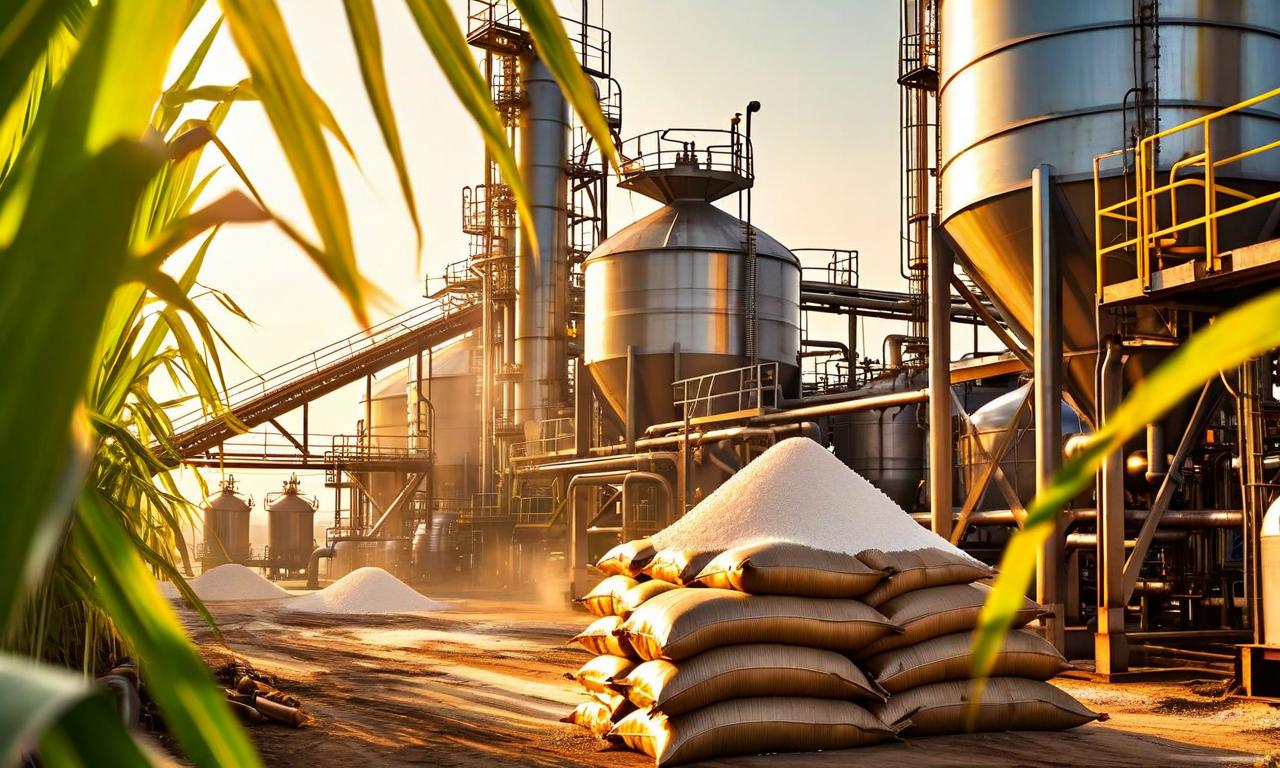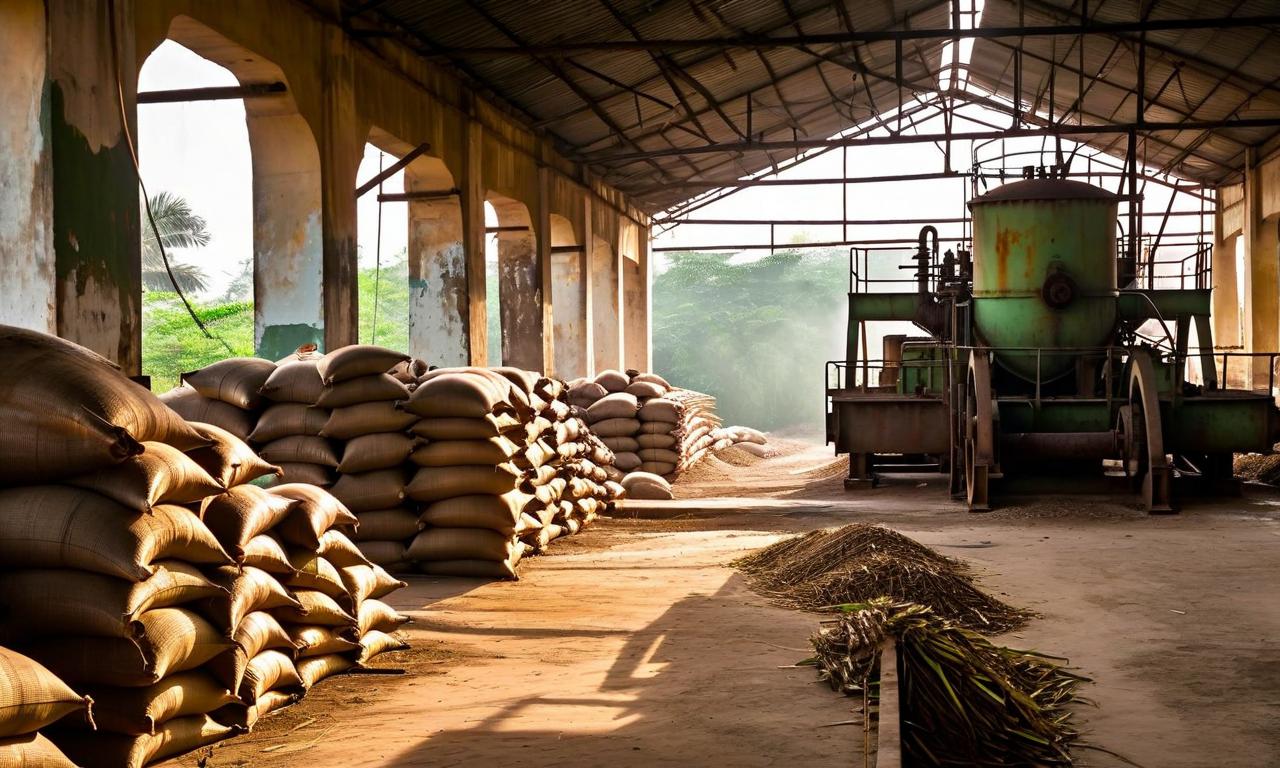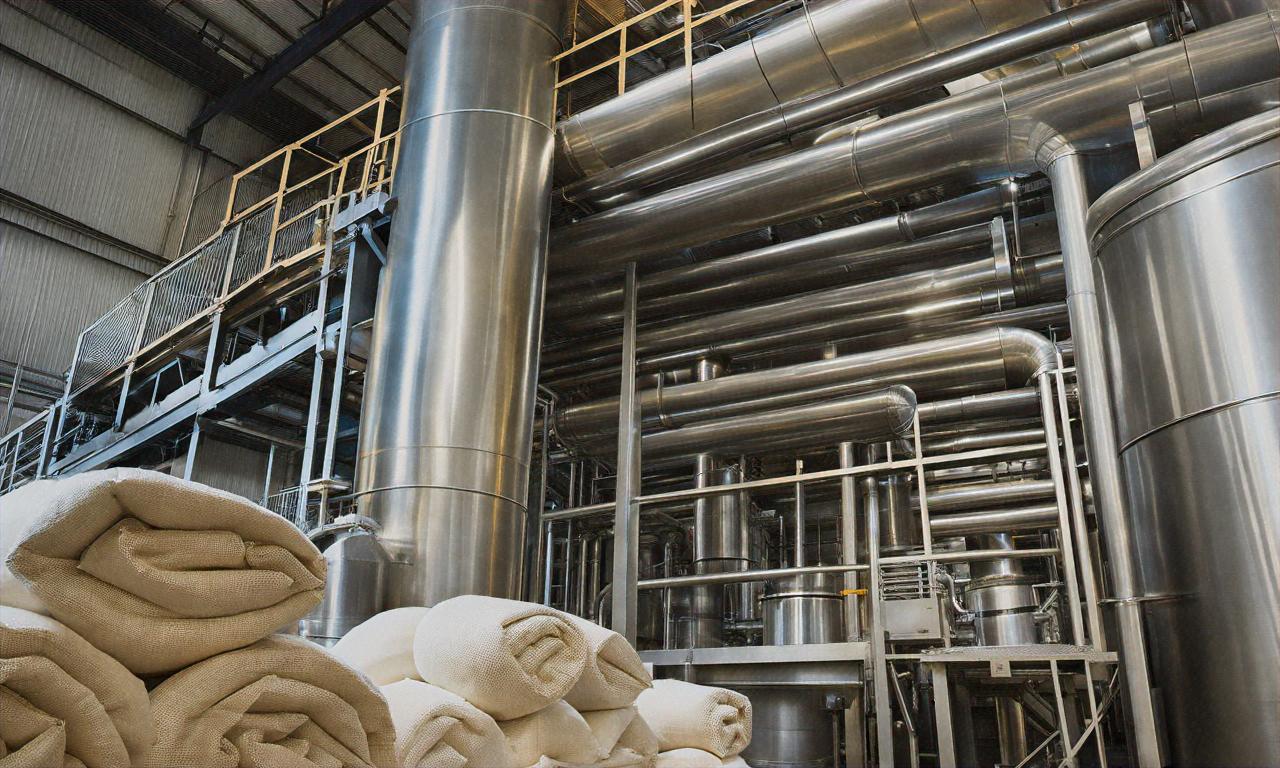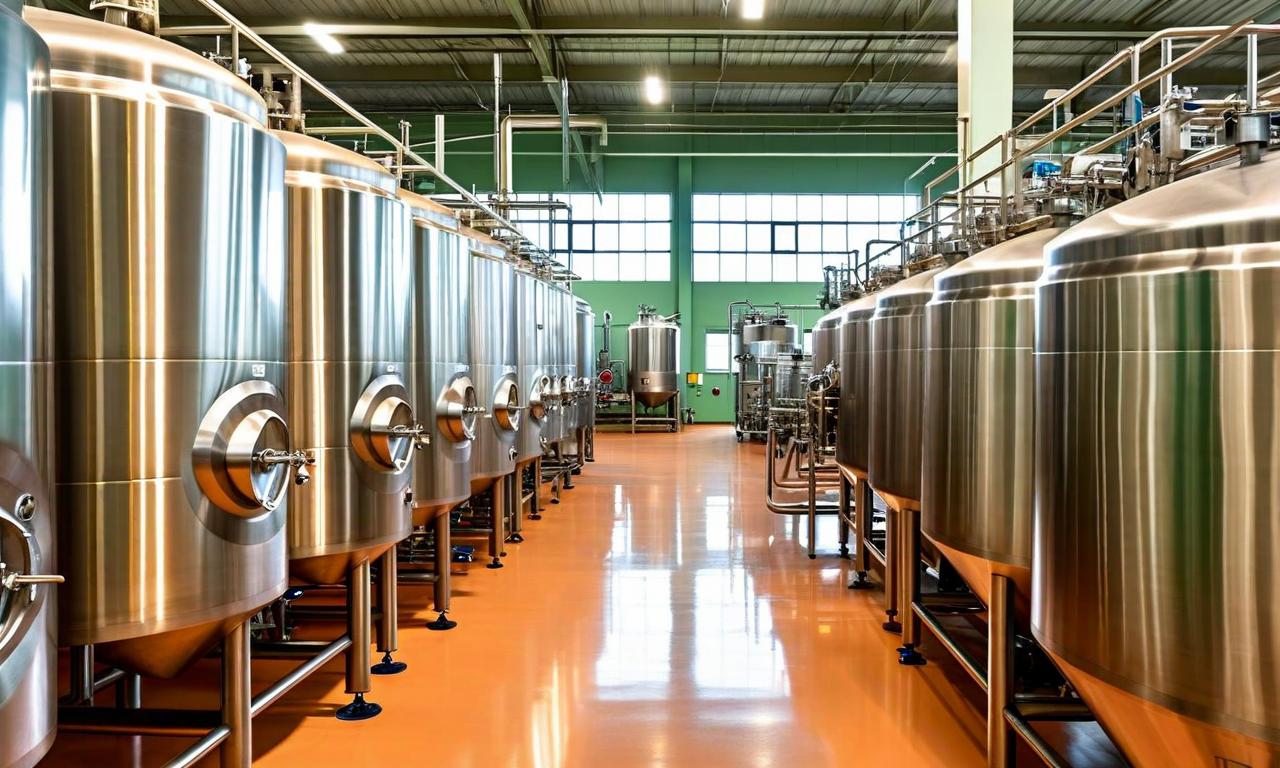Sugar Industry Faces Setback as Government Maintains Ethanol Prices for 2025-26
The Indian government's decision to keep ethanol prices from sugar-based feedstocks at Rs 65.61 per litre for 2025-26 has disappointed sugar companies. Industry leaders express concern over the lack of price parity with maize-based ethanol (Rs 66.07 per litre). This decision may incentivize mills to shift focus from ethanol to sugar production, potentially leading to a sugar surplus. The industry, which invested Rs 35,000-40,000 crore in ethanol capacity, now faces challenges in profitability and market dynamics.

*this image is generated using AI for illustrative purposes only.
The sugar industry in India is grappling with a significant setback as the government announced its decision to maintain ethanol prices from sugar-based feedstocks at Rs 65.61 per litre for the Ethanol Supply Year 2025-26. This move has left sugar companies disappointed, particularly as they had been advocating for price parity with maize-based ethanol, which is priced at Rs 66.07 per litre.
Industry Reaction
Atul Chaturvedi, Executive Chairman of Shree Renuka Sugars , expressed his dismay, describing the decision as a "major dampener" for the industry. Chaturvedi highlighted that the sugar sector had made substantial investments in ethanol capacity, amounting to Rs 35,000-40,000 crore, based on government incentives.
Price Disparities and Potential Consequences
While the government increased the price of rice-based ethanol by 3% to Rs 60.32 per litre, sugar mills received no relief despite facing higher Fair and Remunerative Prices (FRP) for sugarcane. The current pricing structure presents a challenging scenario for sugar mills:
| Item | Price |
|---|---|
| Ethanol price realization | Rs 37.00 per kg |
| Domestic sugar prices | Rs 39.00-41.00 per kg |
This disparity in pricing may incentivize mills to shift their production focus towards sugar rather than ethanol. Such a shift could potentially lead to a supply surplus in the sugar market, especially with the expectation of a large harvest in late October.
Impact on Sugar Industry
The unchanged ethanol prices for sugar-based feedstocks could have several implications for the industry:
- Reduced Ethanol Production: Mills may opt to produce more sugar instead of ethanol, given the higher price realization for sugar.
- Potential Sugar Surplus: Increased sugar production could lead to an oversupply in the market.
- Price Pressure: A sugar surplus may exert downward pressure on sugar prices, affecting the industry's profitability.
- Investment Concerns: The industry's significant investments in ethanol capacity may face challenges in terms of returns and utilization.
Looking Ahead
As the sugar industry navigates these pricing challenges, it remains to be seen how individual companies will adjust their production strategies. The balance between ethanol and sugar production will be crucial for maintaining profitability and managing market dynamics in the coming years.
The government's decision underscores the complex interplay between agricultural policy, energy needs, and industrial growth in India's sugar sector. Stakeholders will be closely watching for any further policy adjustments that might address the industry's concerns while balancing national priorities.
Historical Stock Returns for Shree Renuka Sugars
| 1 Day | 5 Days | 1 Month | 6 Months | 1 Year | 5 Years |
|---|---|---|---|---|---|
| -0.55% | -4.36% | -3.66% | -19.68% | -21.88% | +144.02% |































